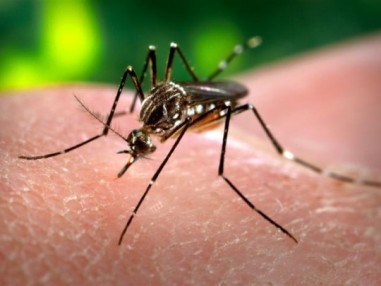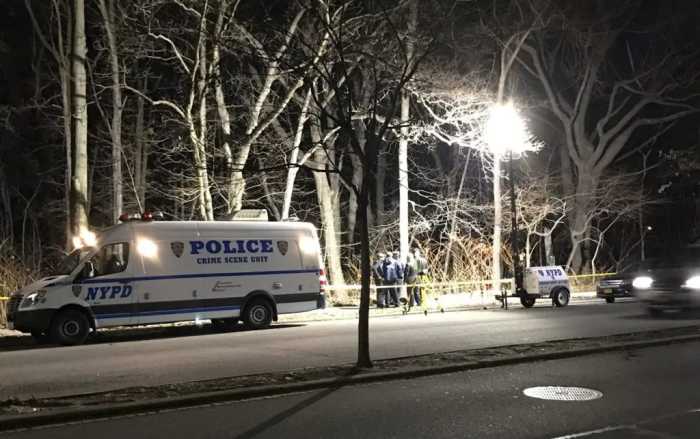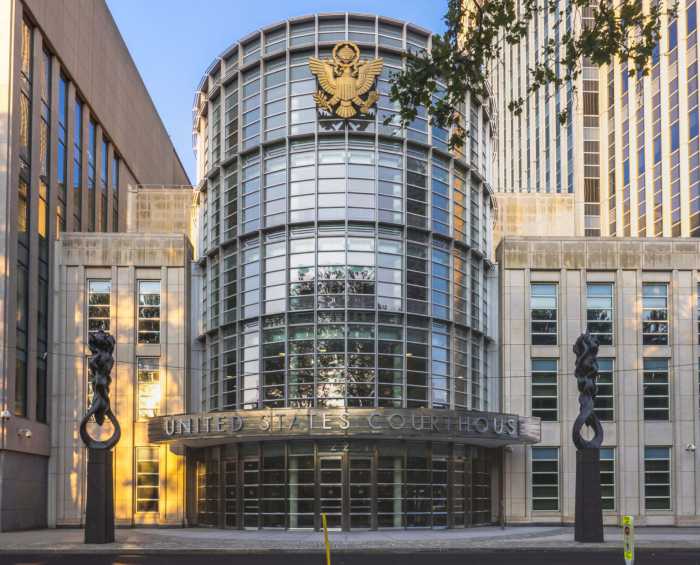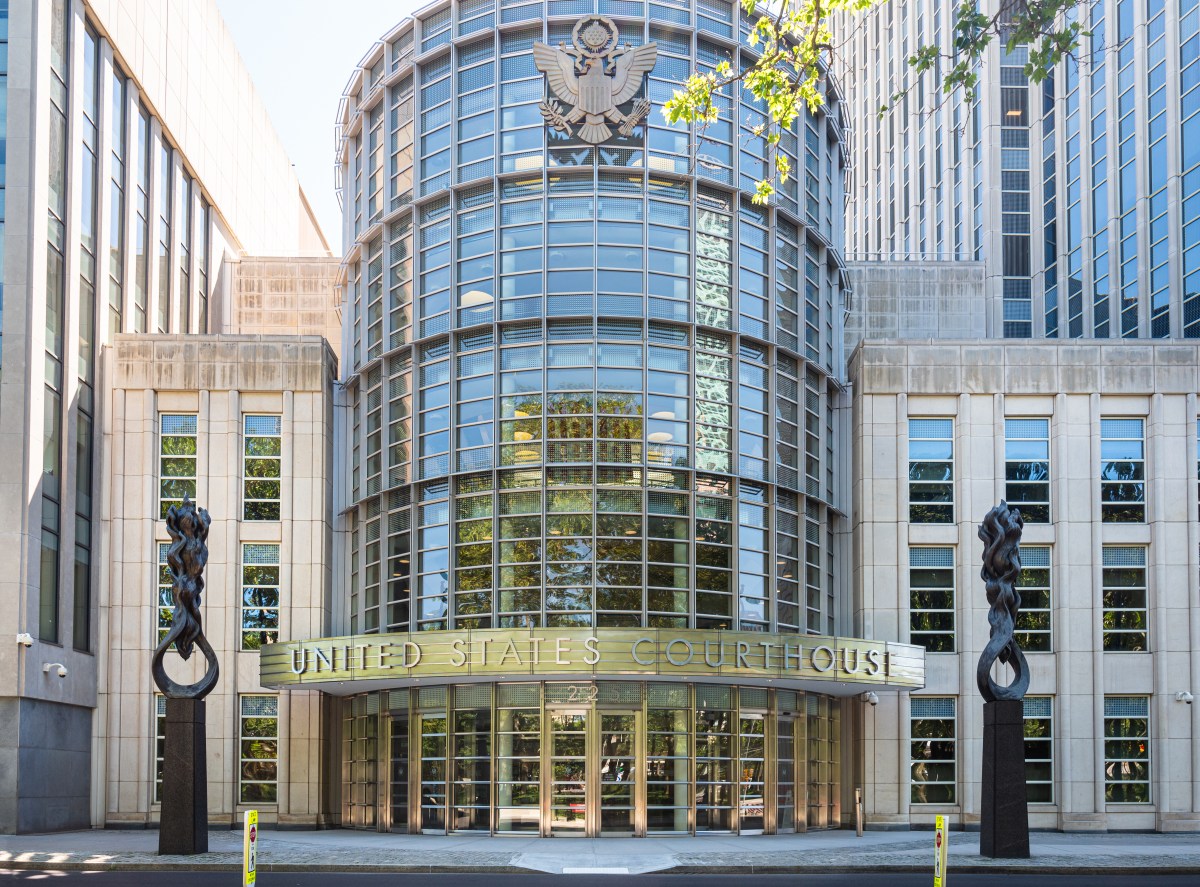The New York City Department of Health and Mental Hygiene announced plans to conduct the first aerial larviciding treatment of the season across the city from June 7-10. The goal is to reduce the number of mosquitos throughout the summer by killing them before they become adults. Weather permitting, the larviciding will be done each day from 6 a.m. to 7 p.m.
By applying the EPA-approved pesticides VectoBac GS and VectoPrime FG to these mosquito breeding grounds, the number of these pests in the area is significantly reduced. These pesticides contain naturally occurring bacteria, ensuring they do not damage the marshes and wetlands. By reducing the amount of mosquito activity, the risk of people getting exposed to the West Nile virus also decreases exponentially as a result.
Numerous nonresidential areas of Queens are among the marshes and wetlands scheduled to be sprayed. These include the marsh areas of Alley Creek in Alley Pond Park, the abandoned Flushing Airport, Dubos Point and Edgemere Park, Brookville Park, Hook Creek Park, and Kissena Park.

“As the days get warmer, many of us will be spending more time outdoors,” Health Commissioner Dr. Ashwin Vasan said. “To protect yourself from mosquito-borne illnesses, the Health Department will be conducting mosquito control events all summer long to keep New Yorkers safe.”
There have not yet been any cases of people contracting the West Nile virus from a mosquito in New York City this season, according to the Health Department, which monitors mosquitos carrying the virus. In warm weather seasons, mosquitos are capable of breeding in any still water that has been standing for over five days. Existing hot and wet weather conditions, like those in marshes and wetlands, can lead to a rise in the mosquito population.
While the Health Department notes that two days have been allotted for the aerial larviciding to be done, it is possible that these pesticides can be applied in a shorter period of time. In the event that poor weather prevents the helicopter from spraying the pesticides, the work would be done from June 12-14.
There are plenty of methods that the Health Department recommends people apply in order to reduce exposure to mosquitos further. This includes using an approved insect repellent containing DEET, picaridin, oil of lemon eucalyptus (not for children under three), or products that contain the active ingredient IR3535, making sure windows have screens that are without tears or holes, eliminating any standing water from a property and disposing of containers that can collect water, making sure roof gutters are clean and draining properly, cleaning and chlorinating swimming pools, outdoor saunas and hot tubs, keeping them empty or covered when not in use and drain water that collects in pool covers and wearing lightweight and light-colored long pants and shirts when in marshy areas.
For more information, visit the DOH’s page on mosquitoes.

































